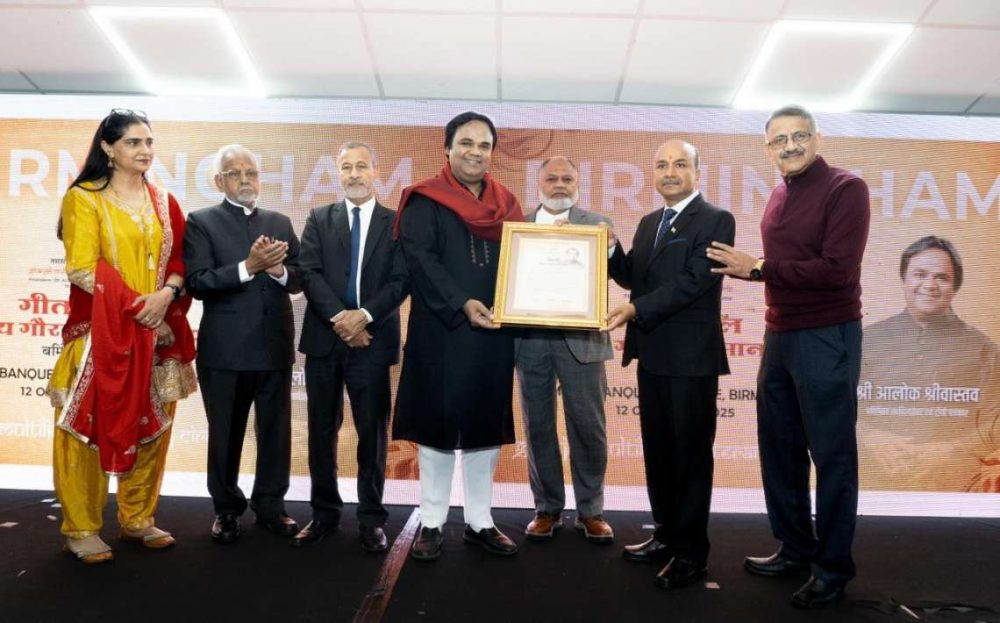Researchers have found that parents who frequently plop their kids in front of the TV to give themselves a break, might actually end up more stressed.
The study, published in the International Journal of Advertising, found that the more television that kids watch, the more they’re exposed to advertising messages.
The more advertising, they see, the more likely they are to insist on purchasing items and that, researchers say, may contribute to parents’ overall stress levels, well beyond a single shopping trip.
“The more advertising children see, the more they ask for things and the more conflict is generated,” said study author Matthew Lapierre from the University of Arizona in the US.
The findings explore the potential effects of children’s television-watching habits on their parents’ stress levels.
The researchers looked at the effectiveness of three types of parent-child consumer-related communication: collaborative communication, control communication and advertising communication.

Collaborative communication is when a parent seeks child input on family purchasing decisions, for example, saying things such as “I will listen to your advice on certain products or brands”.
Control communication is when a parent exhibits total control in parent-child consumer-related interactions, for example, saying things such as “Don’t argue with me when I say no to your product request”.
Advertising communication is when parents talk to their children about advertising messages, for example, saying things such as “Commercials will say anything to get you to buy something”.
They found that, in general, collaborative communication is associated with less parent stress.
However, the protective effect of collaborative communication decreases as children’s purchase initiation and coercive behaviours – such as arguing, whining or throwing temper tantrums – increase.

Both control communication and advertising communication are associated with more purchase initiations and children’s coercive behavior, the researchers found, suggesting that engaging less in those communication styles could be beneficial.
However, when children have higher levels of television exposure, the protective effect of engaging in less advertising communication decreases.
“Overall, we found that collaborative communication between parents and children was a better strategy for reducing stress in parents,” the study authors wrote.
Also Read-South Korea Imposes Face Mask Fines









